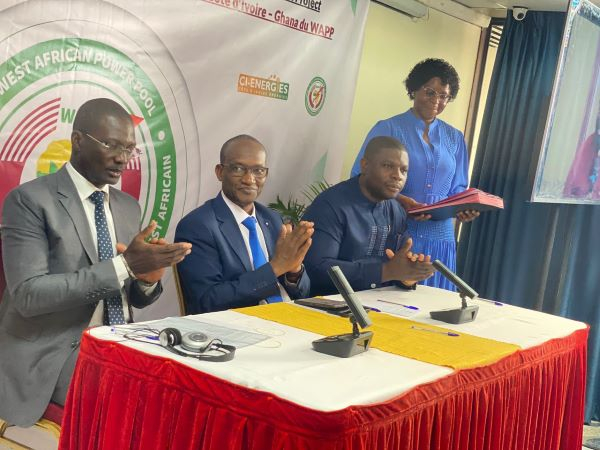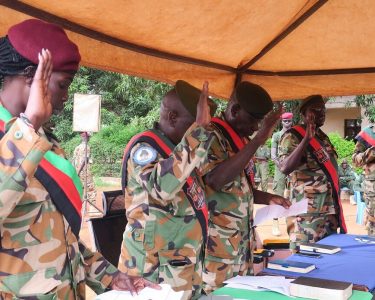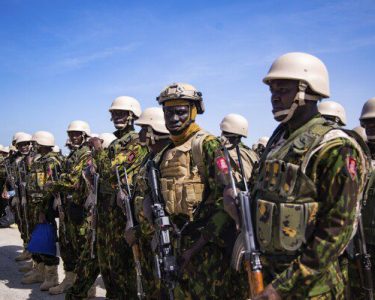
ACCRA, June 28 (NNN-GNA) — Ghana and Ivory Coast have taken major steps toward the implementation of their 330kV interconnection project with the official adoption and signing of a Memorandum of Understanding (MoU) to establish two key governance structures.
According to Ghana’s Deputy Minister of Energy and Green Transition, Richard Gyan-Mensah, the new governance frameworks, comprising the Joint Technical Steering Committee and the Joint Interstate Committee, will play pivotal roles in overseeing and guiding the cross-border energy initiative.
Speaking at the signing ceremony in Accra on Friday, Mensah emphasised that the project reflects the deepening cooperation between Ghana and Ivory Coast and their shared commitment to building a resilient and integrated regional energy system.
He noted that the project aligns with the broader objectives of the ECOWAS Energy Policy and the West African Power Pool (WAPP) Master Plan.
“The Government of Ghana fully supports the operation of this cooperation framework. We are prepared to offer our expertise, resources, and institutional backing to guarantee the project’s prompt and successful implementation,” he stated.
The Joint Technical Steering Committee, to be co-chaired by the Chief Executives of the Ghana Grid Company (GRIDCo) and Ivory Coast’s CI-Energies, will be responsible for the technical execution of the project.
Meanwhile, the Joint Interstate Committee, co-chaired by the Energy Ministers of both countries, will provide political and strategic direction.
“These institutional mechanisms will ensure effective coordination, accountability, and transparency as we move into the next phase of implementation,” he noted.
He further acknowledged the crucial role of development partners, particularly the World Bank, for its financial support, as well as the WAPP Secretariat for its leadership in the feasibility studies and coordination efforts.
As both nations move into the next phase of implementation, this agreement marks a major milestone in strengthening regional energy collaboration and laying the groundwork for a more stable and integrated power grid across West Africa. — NNN-GNA





